
Black Historical Fiction to Read in Your Book Club
Welcome to In The Club, a roundup of resources to keep your book group well-met, well-read, and well-fed.
For the past few years, In the Club has existed solely as a newsletter, but we’re trying a new thing. It will continue being sent to our usual subscribers but will also go on our main site and have a paid content component added to it.
For those of you who are already subscribed, nothing changes. You’ll still get book club info weekly, replete with book lists, interesting links, and recommendations for little snacky snacks. But of course, if you’d like to help support us even more, you can convert to a paid subscription.
We’ve added this paid component as a way to not only have a greater capacity to share more content, but also as a way to keep up with this current media landscape. Because, I don’t know if you’ve noticed, but it’s getting real out here, and as an independent media outlet, it’s a little harder for us in certain ways.
What to Expect
As far as what you can expect for future In the Club posts, it will vary. There will be expanded lists, how-to guides, and more. There will also be a commenting function for subscribers that allows us to chat with each other about all things books. It’ll be like having our own little bookish safe haven. I’m also always open to hearing what you’d like content-wise and will be switching up content depending on feedback and popularity.
If you’re able to, we’d really appreciate you signing up for a paid subscription! With the flood of book bans that mostly target marginalized authors, independent bookstores, publishers, and editorial sites are more important than ever.
Now for the books!
To be honest, when I started assembling this list, I thought to include books by Black authors of various genres. But once I realized the first couple books I really wanted to share were historical fiction novels, I figured I’d keep it going because what’s more on topic for Black History Month than historical fiction centering Black experiences, right? Right.
Now, while the books discussed below cover a lot of Black trauma, courtesy of the Transatlantic slave trade, Jim Crow, etc., there is still a lot of joy. There are Black women doctors, princesses, spies, and debutantes, all trying their best to carve out a space in the world for themselves.
Before we get to them, though, let’s talk snacks!
Nibbles and Sips
Sweet potato cornbread by Victoria @kitchen_thyme__

Sweet potato cornbread is something I never knew I needed, but it looks amazing.
You’ll need: a couple boxes of Jiffy cornbread mix, two boiled sweet potatoes, butter, eggs, cinnamon, nutmeg, sugar, and a little orange juice.
For a full list of ingredients and instructions, visit Victoria’s IG.
Club Recommendations
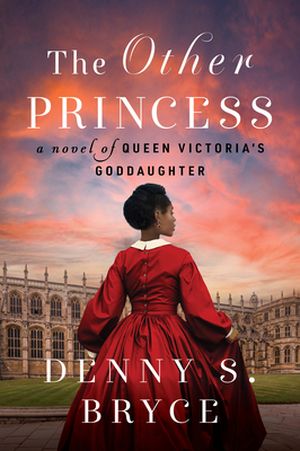
The Other Princess by Denny S. Bryce
Turns out, Queen Victoria had a goddaughter — kidnapped African princess Sarah Forbes Bonetta. Though she was presented to the queen as a “gift” (ugh), she came into her own in the royal court. This novel is based on her life and serves as exhibit #1,552 of how the diversity in shows like Bridgerton isn’t as farfetched as some believe.
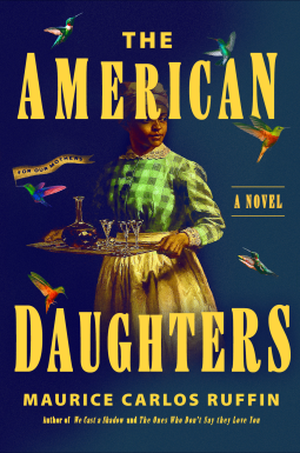
The American Daughters by Maurice Carlos Ruffin (February 27)
Out a little later this month, this new book follows Ady, a young girl enslaved right alongside her mother, Sanite, to a Frenchman in New Orleans. The two spend as much time together as possible, daydreaming and walking along the river, often while Sanite tells Ady of the fierceness of their ancestors. When the two become separated, Ady is lost. But then she meets Lenore, a free Black woman, in an inn and learns of a secret society of spies called The Daughters. With stories of her ancestors fortifying her spirit, Ady joins The Daughters to fight for freedom.
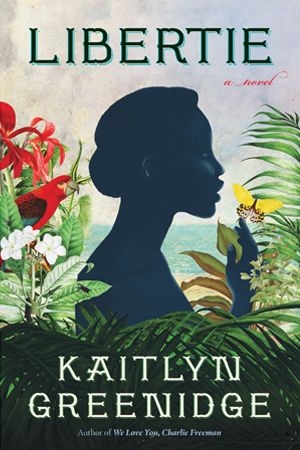
Libertie by Kaitlyn Greenidge
While this takes place in New York City during the Reconstruction Era— which is right after Juneteenth— its portrayal of Black life isn’t mired in slavery and ill-treatment. While these things are, of course, understandably present in stories about Black people during this time, it gets tiring when that’s the only narrative offered. Here, Libertie Sampson was born free in Brooklyn and lives with her mother, one of the only Black women practicing as a doctor. Her mother has a plan for Liberty to follow in her footsteps by becoming a doctor and practicing alongside her. Libertie has her own ideas, though, preferring the arts to science. She accepts a proposal by a young Haitian doctor, who promises she’ll be his equal in Haiti, but tests determine that was a lie. I would have been beyond tight after traveling all that way to Haiti to discover everything was a sham.
Libertie is in a constant quest to discover what freedom means for her as she navigates the gender discrimination and racism of the world at large, as well as the classism and colorism present in her own community. Plus, Roxane Gay gave this five stars on Goodreads, so there’s that.
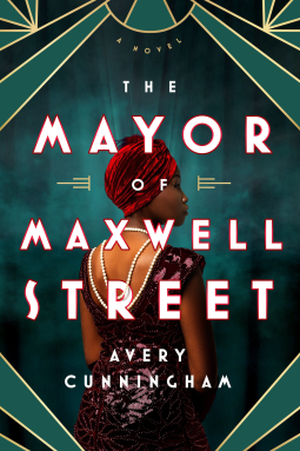
The Mayor of Maxwell Street by Avery Cunningham
This ticks off a lot of boxes for me. It’s set in 1921 Chicago, has an investigation, a romance, and a depiction of both wealthy and everyday Black life during this time. It follows Nelly Sawyer, who is suddenly thrust into the role of wealthy debutante when her brother’s death makes her the sole heir to the fortune of “the wealthiest Negro in America.” But she’s not really cut out for the socialite life. Instead, she’s set on continuing her work as an investigative journalist, with her latest story being on a vice lord called “The Mayor of Maxwell Street.” That’s where Alabama-born Jay Shorey comes in. Seeing as he belongs to the same underworld as the Mayor, Nelly recruits him to help expose details of all the corruption in the city. But he — and the budding romance between them — ends up being more than she bargained for.
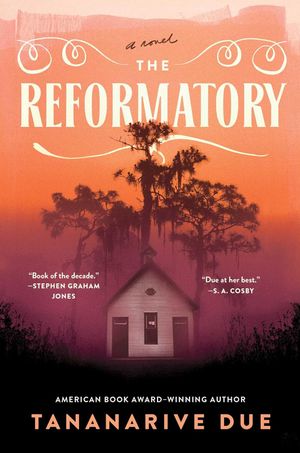
The Reformatory by Tananarive Due
In her latest award-winning book, Due writes of the horrors of the Jim Crow South. It’s 1950 in Florida when 12-year-old Robbie is sentenced to six months at the Gracetown reformatory for kicking a wealthy white boy in defense of his sister. He can see ghosts, and the ones at the reformatory are something else — they tell of the horrors that have befallen Gracetown boys and warn him of worse things to come. Robbie makes friends who teach him how to survive, but if his sister can’t find a way to get him out of the reformatory in time, it may not be enough.
Suggestion Section
Book Club Tings:
- A list of book club-friendly questions
- GMA: Come and Get It by Kiley Reid
More To Read
11 of the Best New Cookbooks to Watch for in 2024
The comments section is moderated according to our community guidelines. Please check them out so we can maintain a safe and supportive community of readers!
Leave a comment
Become an All Access member to add comments